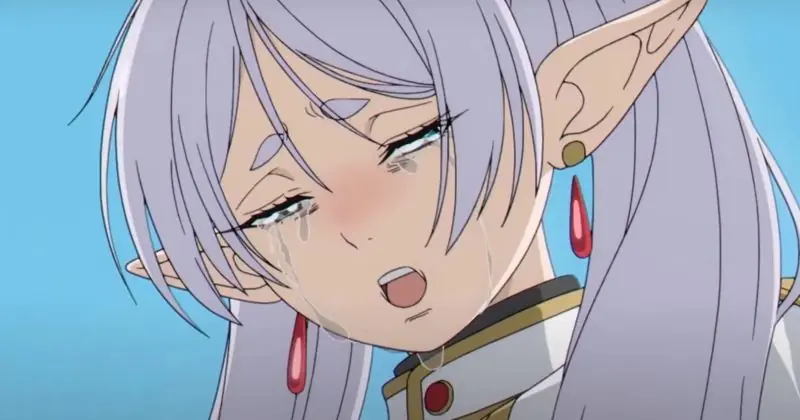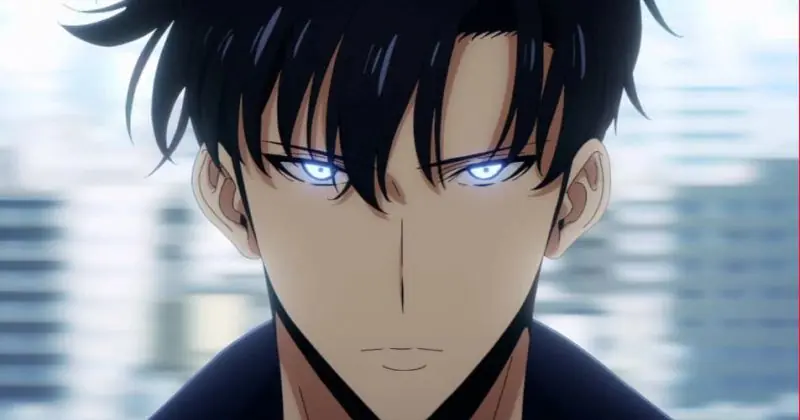Frieren Director Warns About Anime Trends Overseas

Frieren: Beyond Journey’s End director Keiichiro Saito recently shared his concerns about anime trends overseas. As part of the Global Anime Challenge (GAC), a program designed to expand the perspective of anime creators on a global scale, Saito discussed how he wants to bring more diversity to Japanese anime and avoid a creative disconnect with international audiences.
Saito, who also directed Bocchi the Rock! and will return to Frieren’s second season in a supporting role for the new directorial team, joined the interview alongside Takafumi Nakame, an animation producer and assistant on Frieren: Beyond Journey’s End. Nakame has also worked on Witch Watch (OP 1) and Berserk: The Golden Age Arc.
Stagnation in Anime Production and the Search for Variety
Both creators mentioned a sense of stagnation within the Japanese anime industry, which motivated them to participate in the GAC. Their goal is to learn from overseas studios and gain a fresh, global perspective. Nakame emphasized that he wants to go beyond just making an anime and instead seize the opportunity to create an original intellectual property (IP).

Saito explained his perspective:
“I’m debating whether to create a widely accepted IP with an eye on the Academy Awards in the U.S., or something deeper. I’ve had the opportunity to attend overseas conventions and interact with overseas fans, and I have a vague feeling that the Japanese anime that overseas fans go crazy about may be a little biased. Popular things are, as expected, popular, but a large current forms. For those on the creative side, I think this is also a situation where a disconnect could be born [between us and the audience]. Because the current is so strong, if we focus too much on it, only that aspect becomes emphasized as anime’s defining characteristic. Before it gets to that point, I feel it’s important to share anime’s diverse appeal with the world. I have a desire to create works that can draw the world’s attention through a variety of approaches.”
Nakame agreed, adding:
“I feel the same way. Japanese anime tends to be created freely, but within that freedom, biases may have formed. It would be more interesting if there were more variety. It’s easy to get swept up in the big trends, and while that’s necessary for the work itself, I want to consider various aspects.”
Global Anime Challenge and International Collaboration
The GAC supports young creators in developing their own IPs and broadening their global outlook. The initiative is led by Kinema Citrus and carried out in collaboration with the Agency of Cultural Affairs of Japan, the Japan Arts Council, and the Japan Research Institute. Mentors include Masuo Ueda, Takeshi Kikuchi, Taiki Sakurai, and journalist Tadashi Sudo. Major studios such as MAPPA, Production I.G, Trigger, and Bandai Namco Filmworks are also taking part.

Many modern anime are adaptations of manga and light novels, often focused on boosting sales of the source material. Shigeo Akahori, animation director, pointed out that this emphasis on faithful adaptations has weakened the industry by limiting creators’ freedom. He called for initiatives like the GAC to help Japanese creators communicate better with global audiences, suggesting short anime projects as a way to experiment, similar to how Makoto Shinkai began his career.
Saito’s view on anime trends overseas also applies to other media. For instance, Solo Leveling, one of the most popular anime adaptations in recent years, emerged during a boom of RPG-inspired stories. In 2024, publisher D&C Media noted that while dominant trends reflect their era, they quickly evolve, making them hard to follow:
“Today, we have 10 titles currently being published with the word ‘villainess’ and all are bestsellers. But only 2 with the phrase ‘level up’. We think that the ‘level up’ trend is coming to an end, probably because of the economic crisis. In the end, ‘level up’ stories are an echo of the famous ‘American dream,’ which was also valid until recently in Korea with its incredible economic growth.”
via Mantan Web



